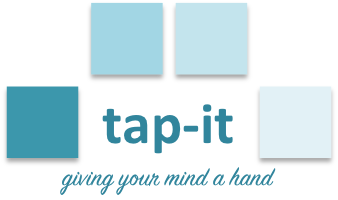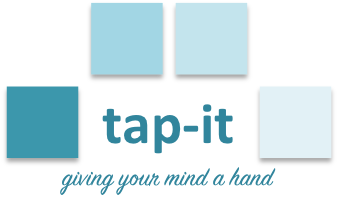Play will be to the 21st century what work was to the industrial age
According to Pat Kane, Play will be our dominant way of knowing, doing and creating value. Play? Isn’t it the opposite of work? No, it isn’t. In a world of networked individuals and self-employed entrepreneurs, organisations today are still predominantly run as hierarchical command systems. Organisation charts drawn on paper usually have not much to do with the way things actually work. Read moreMoving away from a corporate modus operandi, which is characterised by serial, logical, rule bound, and computer-like processing to environments where parallel processing, aesthetics, emotions, and contextual thinking dominate, we are forced to re-visit our mental model of work and its consistency with today’s reality. The prevalent complexity means that a single leader no longer has all the answers. Collaboration and co-creation are the way to harness collective intelligence of networked individuals in order to master complexity and organisational transformations.
What has this got to do with play? As kids, play is essential for our development, through its safe environment where failure with limited consequences is possible we practice and develop important skills and capabilities required later in life. However, as we grow up, we gradually conform to the more serious adult nature that is the cultural norm and thus, minimize the playful mind-set. Conditioned to believe that only hard work, not play, is the secret to success, the substantial benefits of play get lost.
However, as humans, we are built to play and built through play. In a state of play, we are fully absorbed by our activity, it can provide us a feeling of an energized focus, complete involvement and enjoyment (often also referred to as “being in flow”). Such a state is particularly suitable for high-level reasoning, insightful problem-solving as well as creative ventures.
Bringing play into the corporate context, we can re-establish a safe environment and foster creative thinking in order to create and test solutions for our complex challenges. To allow for fruitful co-creation an equal playing field is necessary. Bringing people together, valuing their differences and ensuring that each of them can contribute is one of the core concepts of Lego® Serious Play®.
This news article is based on my own experiences applying Lego® Serious Play® as well as insights gathered from play by Stuart Brown as well as Build to Lead by Donna Denio & Dieter Reuther.






Leave A Comment